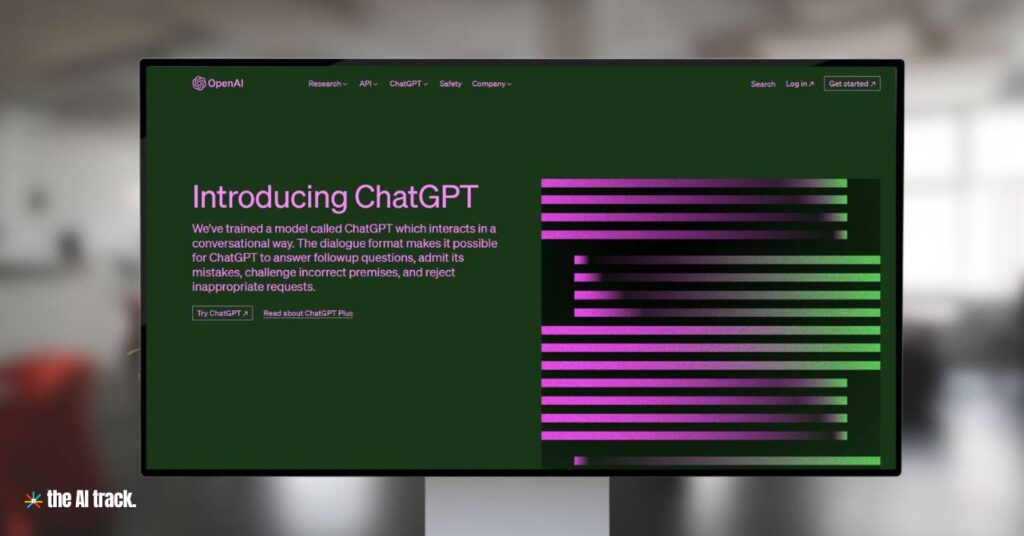
You can now extend your group chat experiences to ChatGPT. Nevertheless, this feature is currently accessible to select users only. OpenAI disclosed in a blog post that it is experimenting with group chats in ChatGPT, enabling collaboration among up to 20 individuals on projects while leveraging ChatGPT’s insights. Whether organizing a dinner gathering, a camping outing, or any communal activity, AI assistance is now at your disposal. These group chats will function independently from your standard ChatGPT interactions, and OpenAI guarantees that private conversations will remain confidential and not be incorporated into group chats.
How to explore OpenAI’s latest ChatGPT Group Chat
For those eager to access this feature, unfortunately, there’s some disappointing news for U.S. users: it seems you cannot access it just yet. This initiative is currently a limited pilot program exclusively for users in Japan, New Zealand, South Korea, and Taiwan. Readers from other regions will need to bide their time.
OpenAI’s announcement specifies: “Group chats are beginning to launch on both mobile and web platforms for logged-in ChatGPT users on ChatGPT Free, Go, Plus, and Pro tiers in Japan, New Zealand, South Korea, and Taiwan. This pilot serves as a modest initial phase toward facilitating shared experiences in ChatGPT, and we aim to gather insights from early user input to guide our future expansion to additional areas and ChatGPT plans.”
If you’re among those who can access this feature, OpenAI has shared guidance. Click on the people icon located in the upper-right corner of any chat you are viewing to obtain a shareable link. This will initiate a new, distinct chat for your group. Each participant in the chat must create a brief user profile so everyone can identify each other, and all group chats will be organized in a dedicated section of the sidebar.
We will keep track of this pilot and inform you if and when it becomes available in the United States.
Disclosure: Ziff Davis, the parent company of Mashable, initiated legal action against OpenAI in April, claiming it violated Ziff Davis copyrights while training and operating its AI systems.